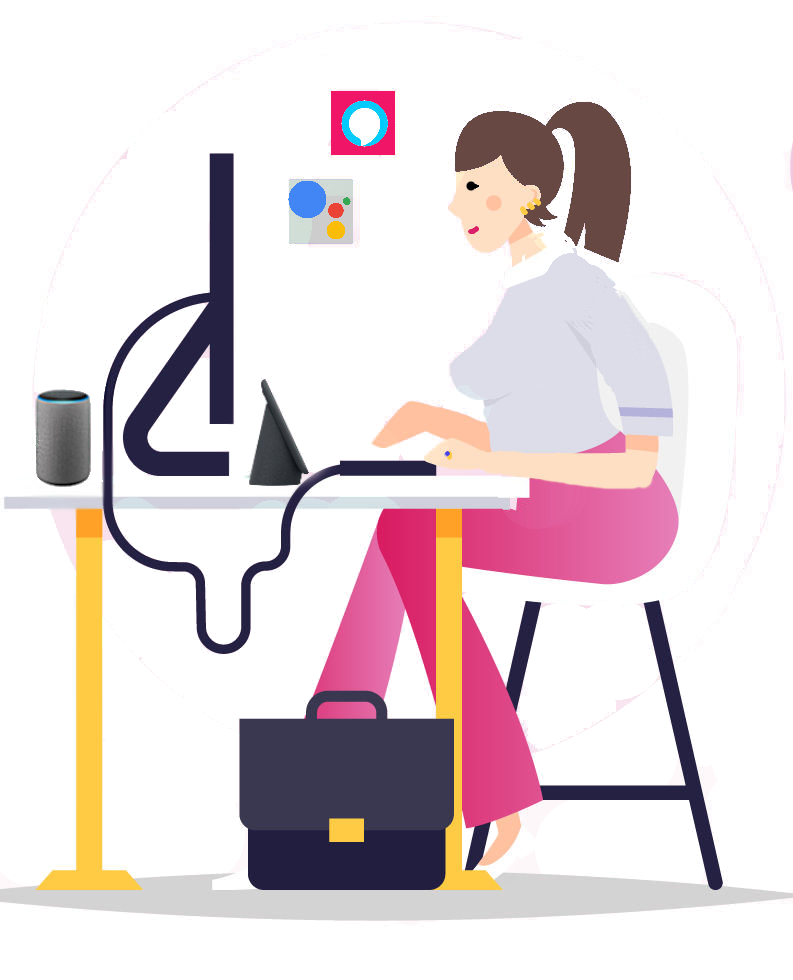How to Cope with Holiday stress
Guest post by Dr. Bomi Joseph, Founder, Peak Health Center, ImunnAG LLC, Phyto Farmacy
When our body faces an external threat, it’s “fight or flight” response kicks in and the hormones Adrenaline and Cortisol are released.
Adrenaline causes our air vents to dilate and increases oxygen to the muscles. It selectively flows blood towards the heart, lungs and any muscle that requires extra blood. Our ability to feel pain decreases and we continue to fight through injury. We gain significant strength and acute awareness. When the threat is over, our body always returns Adrenaline levels back to normal within a few minutes. In rare cases, an hour.
Of the two, Cortisol is the hormone that causes significant damage to human health today. When Cortisol is released due to “Eustress”, a motivational event, it pumps us up to get the job done. This is positive.
However, when Cortisol is released due to “Distress”, it tends to hang around the body for a long time and causes numerous health problems.
Cortisol is a steroidal hormone and is released by the adrenal glands. Almost all the cells and tissues in the human body have cortisol receptors. So, it disrupts various functions in the body. Cortisol affects blood sugar levels, metabolism, inflammation, memory, salt/water balance and blood pressure. Cortisol plays a big part in “Metabolic Syndrome” and in visceral fat gain. In women, cortisol can affect the fetus during pregnancy. A woman's libido and menstrual cycle can easily be affected by chronically elevated Cortisol. Osteoporosis and mood swings are common side effects. Anxiety and depression are commonly linked to high cortisol levels.
The common advice given to people who have high levels of Cortisol, is to meditate, exercise, have more friends, laugh, and find hobbies and activities they find stimulating. All great advice. But as the holiday season is upon us, and people become more anxious, we take a different approach. We examine the common causes of holiday stress. Eradicating these causes should eradicate stress.
Lack of sleep
One of the more common causes of elevated cortisol is lack of adequate sleep. It is when we sleep that our body recovers from stress. Most of the glycogen recovery happens when we sleep. Almost all our tissue development happens when we sleep. Our body remembers what needs to develop from our vigorous gym workouts. It is when we sleep that these tissues (muscles, tendons, vascular..) get developed.
Our body has 12 to 14 days of amino acid “pool” within us. You can comfortably skip the protein shakes 30 minutes after your workout. They do not have the 9 essential amino acids your body needs, and your body has ample supplies to last a couple of weeks.
Adequate sleep is critical for brain health. When we sleep, our body shuts down but our brain remains active. It churns along performing all the chores it needs to do to help our body recover. When these chores are complete, our brain relaxes. Inadequate sleep, and incomplete chores, stresses our brain. This results in more cortisol being released and more stress on the brain. Insufficient sleep alters the brain. The brain has trouble solving simple problems, making decisions, and keeping emotions in check. People who are normally comfortable with change, have trouble dealing with change. Lack of sleep often leads to depression, suicidal thoughts, and risky behavior.
Adequate sleep flushes all waste material from our body. It neutralizes all the unwanted hormones, including cortisol, floating in our body. Sleep is required to repair heart and blood vessels. Lack of sleep is linked to heart disease, kidney disease, high blood pressure, diabetes, and stroke.
Lack of sleep increases obesity. When you don't get enough sleep, your level of ghrelin goes up and your level of leptin goes down. This makes you feel hungrier than when you're well-rested. Lack of sleep results in higher than normal blood sugar level, which increases the risk for diabetes.
Most parents will notice their children’s growth spurts happen when they sleep. Restful sleep triggers children’s body to release growth hormones which develops muscle, cell and tissue growth. Sleep is critical for proper puberty and fertility development.
The immune system relies on sleep to replenish. Lack of sleep can reduce the body’s ability to fight common infections.
Sedation is not sleep! Prescription sleeping pills like Sonata, Ambien, Lunesta, Halcion and Restoril can knock you out, but your body does not consider it normal sleep. The body heals most during Stage 3 “Non-REM” sleep. Sedation does not induce the body into Stage 3 Non-REM state.
The best way to sleep is natural sleep. Melatonin, a natural hormone, is the next best option. It is a sleeping aid that does not sedate the body. Almost all the melatonin sold in the market is from bovine pineal glands. Vegans, and people wanting a non-animal source should look for sources of Phyto-melatonin, or plant-based melatonin.
So, Sleep! And sleep well!
Keeping track of things
The average person can keep track of six things at one time. Try to remember the seventh item and they invariably forget one event. It is also hard to prioritize and sequence tasks in memory.
Forgetting tasks can be stressful. Fortunately, there is a simple fix for this. Take a cue from pilots. Pilots are an intelligent and selective group. They are trained never to remember anything. They always go by written checklists. It does not matter how many thousands of times a pilot has repeated a task to memory. They always follow a written checklist. It reduces the chance of an error and completely takes away stress.
Never depend upon your memory. This is not a game to test your memory. This is about never missing a task, staying ahead of the curve and never being stressed. Jot down what needs to done, the date to be completed, and its priority. Cross it out when it is completed.
People
We also stress us out because we get manipulated into committing to things we do not want to do or cannot do. Some people are sweet and get us to do what they want. Some are pushy. Some wear us down. The result is the same. We are stressed out wondering, “how did I get suckered into this?”
The greatest gift you can give yourself is the gift of “No.” Take a cue from Nancy Reagan. Just say “NO.” There are blunt ways to say no. People are often reluctant to be straightforward. There are polite ways to say “No.” “I am not sure I am up to it. Let me think about it. But my first reaction is no” is a polite way of buying time and also giving the persona clue that your most likely going to decline.
Financial worries
Feeling pressured into giving gifts. This combined with not managing money properly are reasons people face more stress during the holidays.
Gifts do not buy happiness. Gifts do not buy friendships and loyalties. People who love you are going to keep loving you. People who don’t, never will. There are many ways to do something memorable for people. A hand-written note. A long sincere phone call. A visit.
I hardly remember what anyone bought me. But I remember every personal touch.
Tell people you want a personal effort, but not a gift. And set an example in kind. Write notes, draw paintings, make phone calls. Just don’t buy expensive gifts that aren’t valued.
Save more. Spend less. Collect early. Pay late.
Roles and goals
Whether you realize it or not, you have roles in life. List them out. Every week go over your roles and list what you have to do for each role in your life.
How do you want to be remembered? Start from there and work your way backwards. Have 20-year, 10-year, 5 year, 3 year, 1 year, 6 months, 3 months, 1 month, 1 week- tomorrow!
Tomorrow’s goals should be connected to your 20-year plan.
Time management
A bum and a billionaire have 24 hours each. What they do with it is the difference. Spend time on the important things in life, not the urgent things. And the important things should be obvious from your Roles and Goals.









